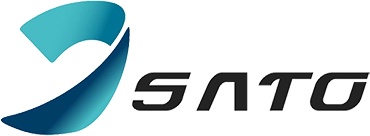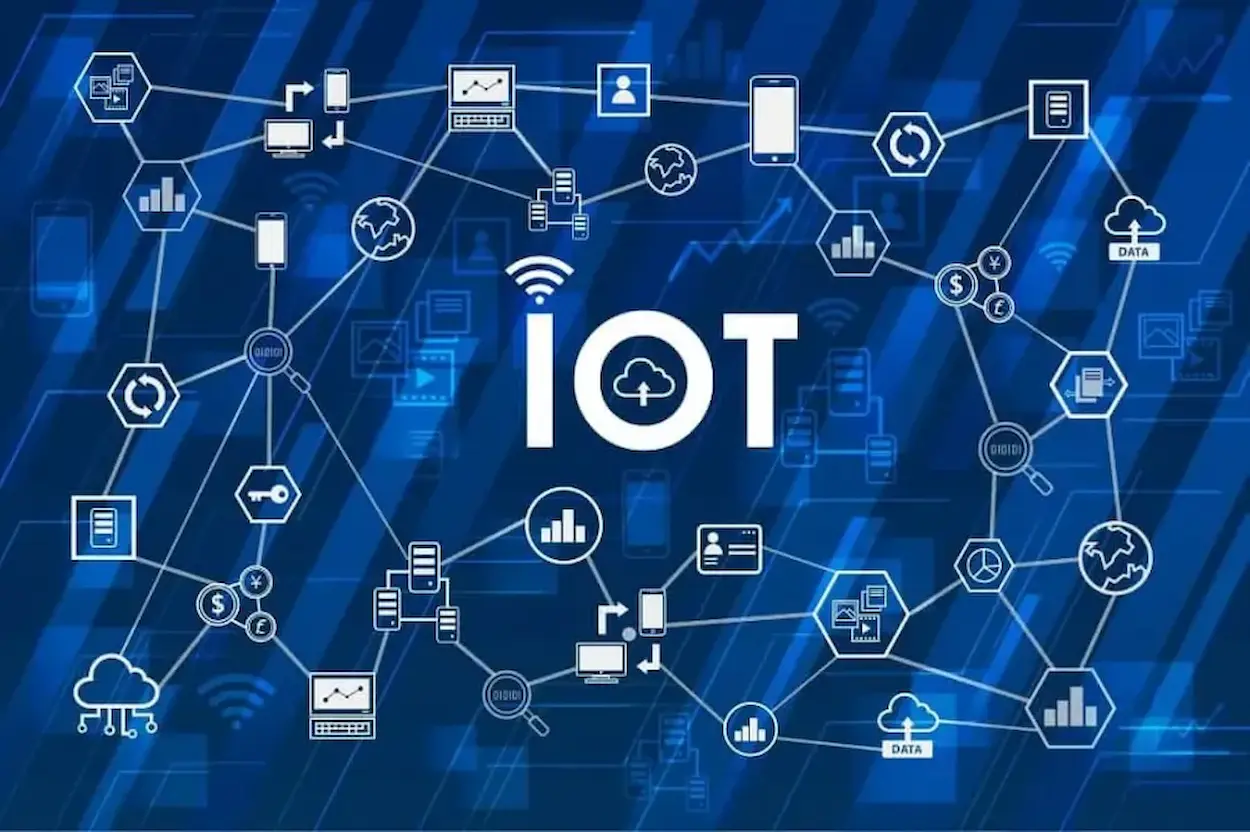IoT Will Bring Changes to the PCB Industry
The world is constantly evolving, e os avanços tecnológicos são a força motriz por trás dessa evolução. Um dos avanços tecnológicos mais significativos dos últimos anos é a Internet das Coisas (IoT). A IoT já revolucionou vários setores, e está definido para trazer mudanças para o PCB industry as well. neste blog, we will explore how IoT will impact the PCB industry.
PCBs are the backbone of all electronic devices, providing the necessary wiring and connections between components. As IoT continues to grow and expand, the demand for PCBs will also increase. But it’s not just the quantity of PCBs that will change; the nature of PCBs themselves will be transformed in numerous ways.
Introduction of The Internet of Things(IoT)
The Internet of Things(IoT) is an interconnected device network consisting of sensors, software, and other technologies that enable devices to collect and transmit data. These devices can be smart home devices, industrial machines, and so on. IoT has transformed many industries, including manufacturing, healthcare, and energy. These industries require highly reliable devices to ensure production and operational stability. Portanto, IoT will have a profound impact on the PCB industry, and the PCB industry needs to adapt to these changes.
how IoT will bring changes to the PCB industry:
Increased demand for PCB
With the popularity of IoT devices, the demand for PCBs will increase significantly. IoT devices require embedded sensors and other components that require PCBs to implement. Portanto, the PCB industry will face enormous demand pressure.
Miniaturization of PCB
IoT devices are usually small and require miniaturized PCBs. Portanto, the PCB industry needs to develop new manufacturing technologies to create smaller and more complex PCBs.
Increased complexity of PCB
IoT devices require more complex PCBs than traditional ones. These complex PCBs must be able to handle multiple functions, including data processing, wireless communication, and power management.
Need for higher reliability
IoT devices are often used in critical applications, such as healthcare and industrial automation. Portanto, the PCBs used in these devices must have high reliability and be able to operate normally in harsh environments.
Integration of advanced technologies
IoT devices require advanced technologies such as artificial intelligence, machine learning, and blockchain. PCBs must be able to seamlessly integrate these technologies to enable IoT devices to operate efficiently.
Increased security requirements
IoT devices are vulnerable to network attacks, so security must be considered when designing PCBs for these devices. The PCB industry must develop new security measures to protect IoT devices from network threats.
How to adapting the impact of IoT
To adapt to the changes brought by IoT, the PCB industry needs to change its manufacturing, design, and testing methods. Here are some ways the PCB industry can adapt to these changes:
1. Develop new manufacturing technologies
The PCB industry needs to develop new manufacturing technologies to meet the requirements of miniaturization and complexity of PCBs for IoT devices. Por exemplo, the PCB industry can use new materials and manufacturing methods to create smaller and more complex PCBs.
2. Adopt new design tools
The PCB industry needs to adopt new design tools to create higher-level and more complex PCBs. Por exemplo, the PCB industry can use 3D printing technology to create more complex PCBs.
3. Develop new testing methods
The PCB industry needs to develop new testing methods to test the reliability and security of PCBs used in IoT devices. Por exemplo, the PCB industry can use automated testing tools to test the functionality and performance of PCBs.
Conclusão
IoT will have a significant impact on the PCB industry, and the PCB industry needs to adapt to these changes. With the popularity and increased demand for IoT devices, the PCB industry will need to develop new manufacturing technologies, adopt new design tools, and develop new testing methods to meet the requirements of IoT devices.
The PCB industry also needs to strengthen security measures to protect IoT devices from network attacks. As the IoT market continues to expand, the PCB industry will become an important force driving the development of IoT.

















